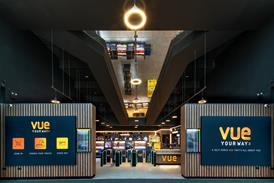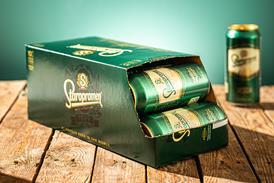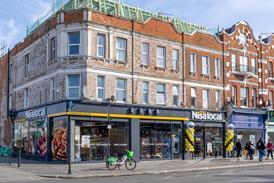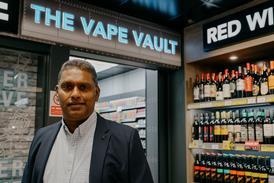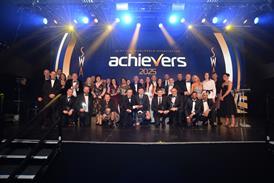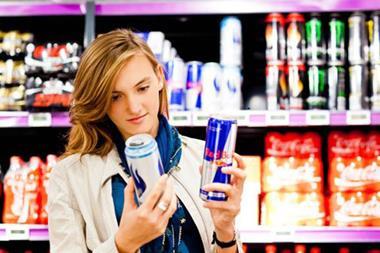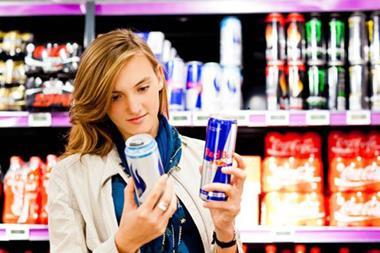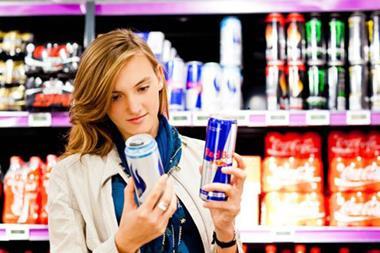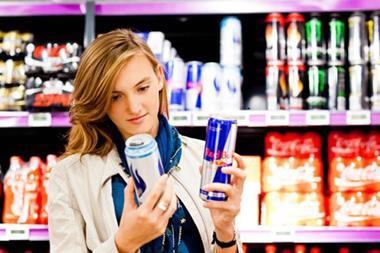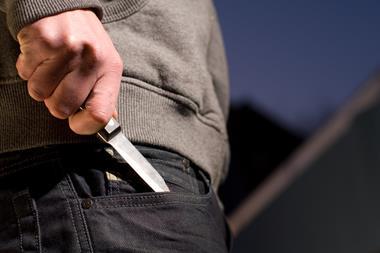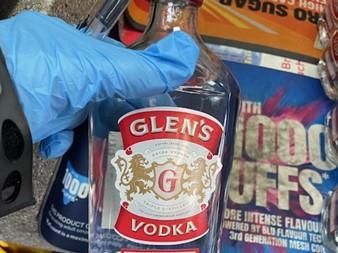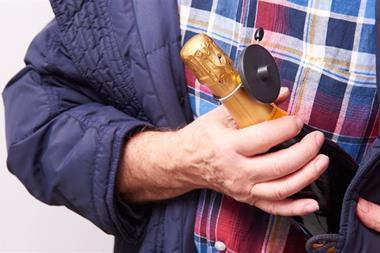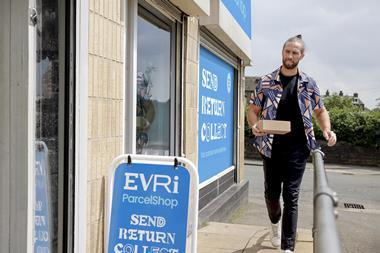- More from navigation items
- Home
- Advice
- Your Business
- Your Stories
- Products
- Stores
- Awards
- Category Management
 Cereals: quality staples drive momentum in the breakfast aisleThis content is provided by Weetabix
Cereals: quality staples drive momentum in the breakfast aisleThis content is provided by Weetabix No- and low-alcohol: drive sales and profits in beer's fastest growing segmentThis content is provided by Asahi
No- and low-alcohol: drive sales and profits in beer's fastest growing segmentThis content is provided by Asahi Soft drinks: driving sales this winterPaid for and in partnership with Coca-Cola Europacific Partners
Soft drinks: driving sales this winterPaid for and in partnership with Coca-Cola Europacific Partners
Supermarkets failing to enforce voluntary energy drinks ban
By Gaelle Walker20 November 2018

The UK’s big four supermarkets are still selling high-caffeine energy drinks to children, despite having signed up to a voluntary ban on sales to under 16s earlier this year.
More than half of underage mystery shoppers have been sold energy drinks unchallenged
ALREADY HAVE A REGISTERED USER ACCOUNT? PLEASE LOG IN HERE
To read the full story join the ConvenienceStore.co.uk community today!
Registration is quick and easy and provides access to:
- Unlimited ConvenienceStore.co.uk articles
- Our great range of newsletters
- Content you’ve saved for later via the ‘my library’ feature
And much more…
Related articles
More from Your Business
Unlimited Access + Newsletters
Register today to gain unlimited access to articles and to receive our great range of email newsletters.
© William Reed Ltd 2025. All rights reserved.
Registered Office: Broadfield Park, Crawley RH11 9RT. Registered in England No. 2883992. VAT No. 644 3073 52.
Website Terms | Privacy Notice | Cookie Statement | Cookie Preferences
Registered Office: Broadfield Park, Crawley RH11 9RT. Registered in England No. 2883992. VAT No. 644 3073 52.
Website Terms | Privacy Notice | Cookie Statement | Cookie Preferences
Site powered by Webvision Cloud





